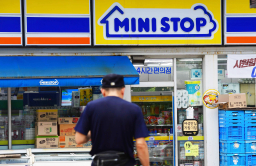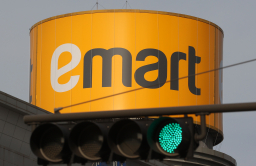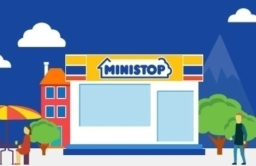-
KOSPI 2577.27 -2.21 -0.09%
-
KOSDAQ 722.52 -7.07 -0.97%
-
KOSPI200 341.49 +0.02 +0.01%
-
USD/KRW 1396 -2.00 0.14%
Lotte, Shinsegae compete head-on for Ministop Korea
M&As
Lotte, Shinsegae compete head-on for Ministop Korea
Aeon Group's Korean arm drew Lotte, Shinsegae and Anchor Equity-led group in deal estimated at $200 mn
By
Jan 05, 2022 (Gmt+09:00)
4
Min read
News+
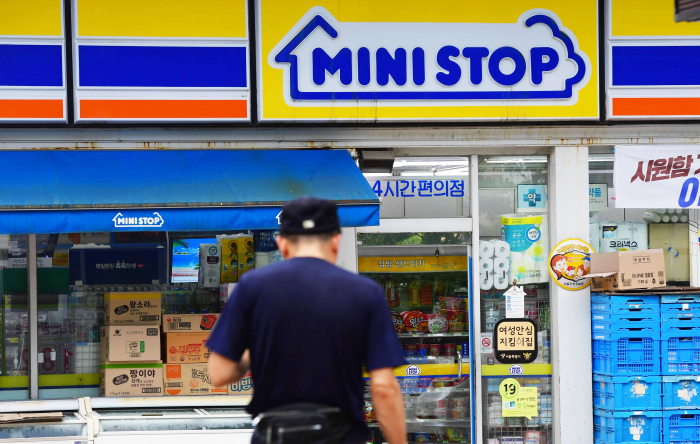
South Korea's two retail heavyweights Lotte and Shinsegae are in head-to-head competition for the country's fifth-largest convenience store chain Ministop Korea, a deal expected to cement their presence not only in the retail segment but also in the e-commerce market.
Lotte Group expressed its intention to make a binding bid for Ministop Korea, estimated at around 200 billion won ($167 million), in which Shinsegae Group's E-Mart 24 has already participated, according to investment banking sources on Jan. 5.
The third final bidder is a consortium between Anchor Equity Partners and Nepstone Holdings Co., a medium-sized food materials supplier in the country.
Its sale manager Samil PwC recently wrapped up the final bidding round, as Aeon, Japan's retail and financial services group, plans to sell its 100% stake in the Korean operations before its fiscal year 2021 ends on Feb. 28.
Joining in the race for the convenience store operator, Lotte is going head-on with Shinsegae again, a year after it lost to the archrival in the competition for eBay Korea.
In South Korea, the two retail giants are vying for the top spot in every segment of the retail industry, ranging from department stores, supermarkets and convenience stores to online shopping malls.
Among convenience store chains, Lotte's 7-Eleven ranks third, just ahead of Shinsegae's E-Mart 24.
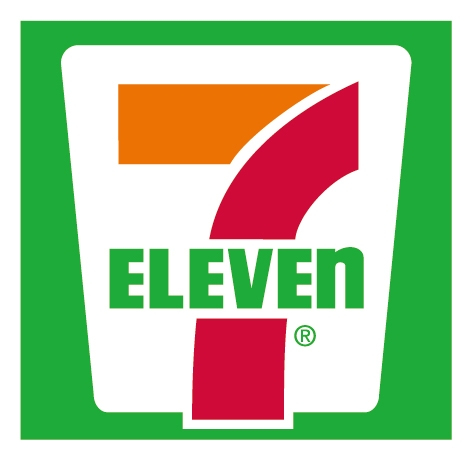
ECONOMIES OF SCALE, PICK-UP LOCATIONS
A new owner of Ministop Korea will likely achieve economies of scale, which should improve its bargaining power with suppliers and cut logistics costs. Further, its outlets can be used as distribution hubs or warehouses to improve last-mile delivery services.Lotte has been utilizing its offline presence, including 7-Eleven's convenience stores, as pick-up locations for its online customers.
For Shinsegae, it may need to expand its parcel delivery network to better serve its increased online customer base following the $3 billion acquisition of eBay Korea.
E-Mart 24 operates 5,200 stores nationwide, double the 2,600 outlets run by Ministop Korea. Sector-leader CU boasts 14,900 stores, trailed by second-ranked GS 25 with 14,600 stores and 7-Eleven's 10,500 outlets.
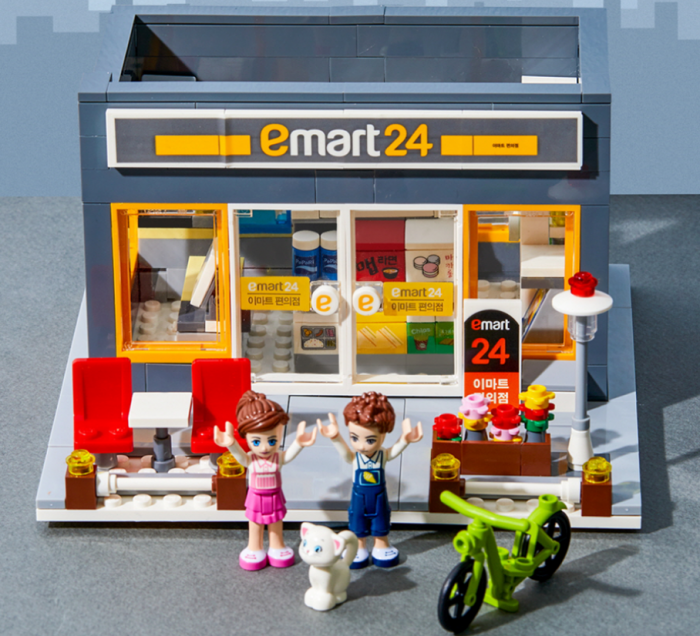
Last year, Lotte made no notable acquisitions, excluding the 300 billion won investment in the country’s largest furniture and home furnishing company, Hanssem Co.
By contrast, Shinsegae spent nearly $4 billion on acquisition deals in 2021, including the $3 billion purchase of eBay Korea. Currently, it is in exclusive talks to buy a US food and beverage franchise operator worth several hundred million dollars.
To finance its new acquisitions, Shinsegae is preparing the initial public offering of SSG.COM, the e-commerce brand, 50.1% owned by E-Mart.
Aeon revived the sale process for Ministop Korea, after its previous attempt in 2018 to shed the South Korean unit failed due to a wide price gap with bidders.
At the time, both Lotte and Shinsegae were among the final bidders, along with Glenwood Private Equity.
But the differential between the bid and ask prices has become even wider than two years ago. Aeon now values the South Korean arm at around 600 billion won ($500 million), or three times the 200 billion won estimated by industry watchers.
In 2020, Ministop Korea turned to an operating loss of 14.3 billion won on sales of 1.1 trillion won. That compared with an operating profit of 4.6 billion won and sales of 1.2 trillion won posted in 2018.
Its failure to keep up with industry trends was blamed for the disappointing results. Its bigger rivals led by the sector's Big Three introduced delivery services in 2019 and held a string of eye-catching collaboration events with food and beverage companies to lift sales.
Last year, second-ranked GS 25's parent company acquired the country's No. 2 food delivery app Yogiyo from Germany's Delivery Hero. Additionally, GS Retail Co. took a 1.3% stake in Kakao Mobility Corp., South Korea's No.1 taxi-hailing app, as part of an effort to improve door-to-door delivery service.
DARK HORSE?
The consortium between Anchor Equity and Nepstone could emerge as a dark horse in the race for Ministop Korea, the sources said.
Nepstone was co-founded by the PE firm and former top shareholders of Kyungnam Energy Co.: Chung Yun-wook and Chung Se-jin.
Since selling the management rights of Kyungnam to Anchor Equity in 2016, the two Chungs remain as co-CEOs of the city gas supplier. They also have been teaming up with the PE house to expand into various food-related businesses through acquisitions.
Anchor Equity recently took over the country's largest home meal kit company Fresheasy.
Write to Yoo-Chung Roh and Jun-Ho Cha at chacha@hankyung.com
Yeonhee Kim edited this article.
More To Read
-
Nov 30, 2021 (Gmt+09:00)
-
Dec 28, 2021 (Gmt+09:00)
-
Aug 23, 2021 (Gmt+09:00)


